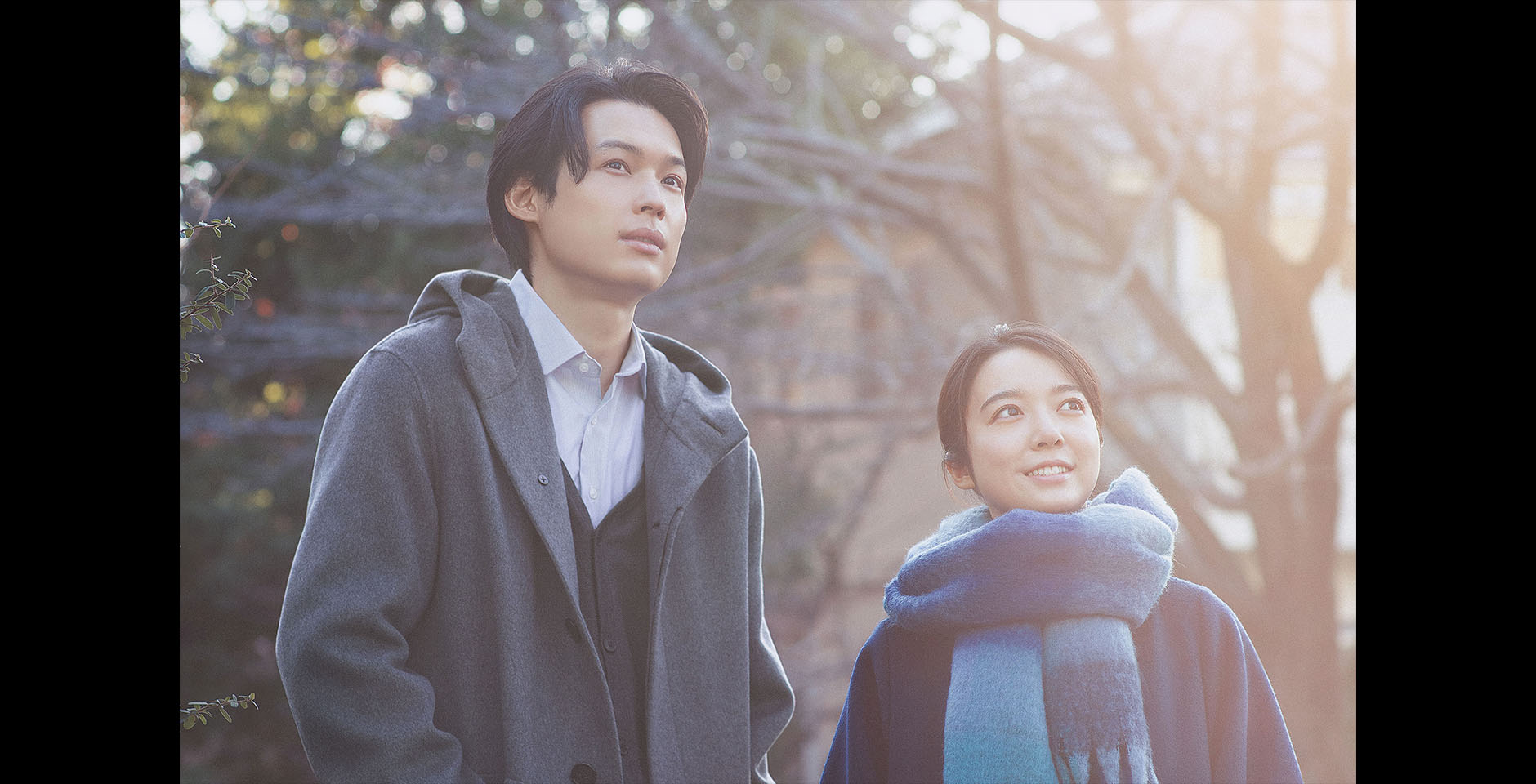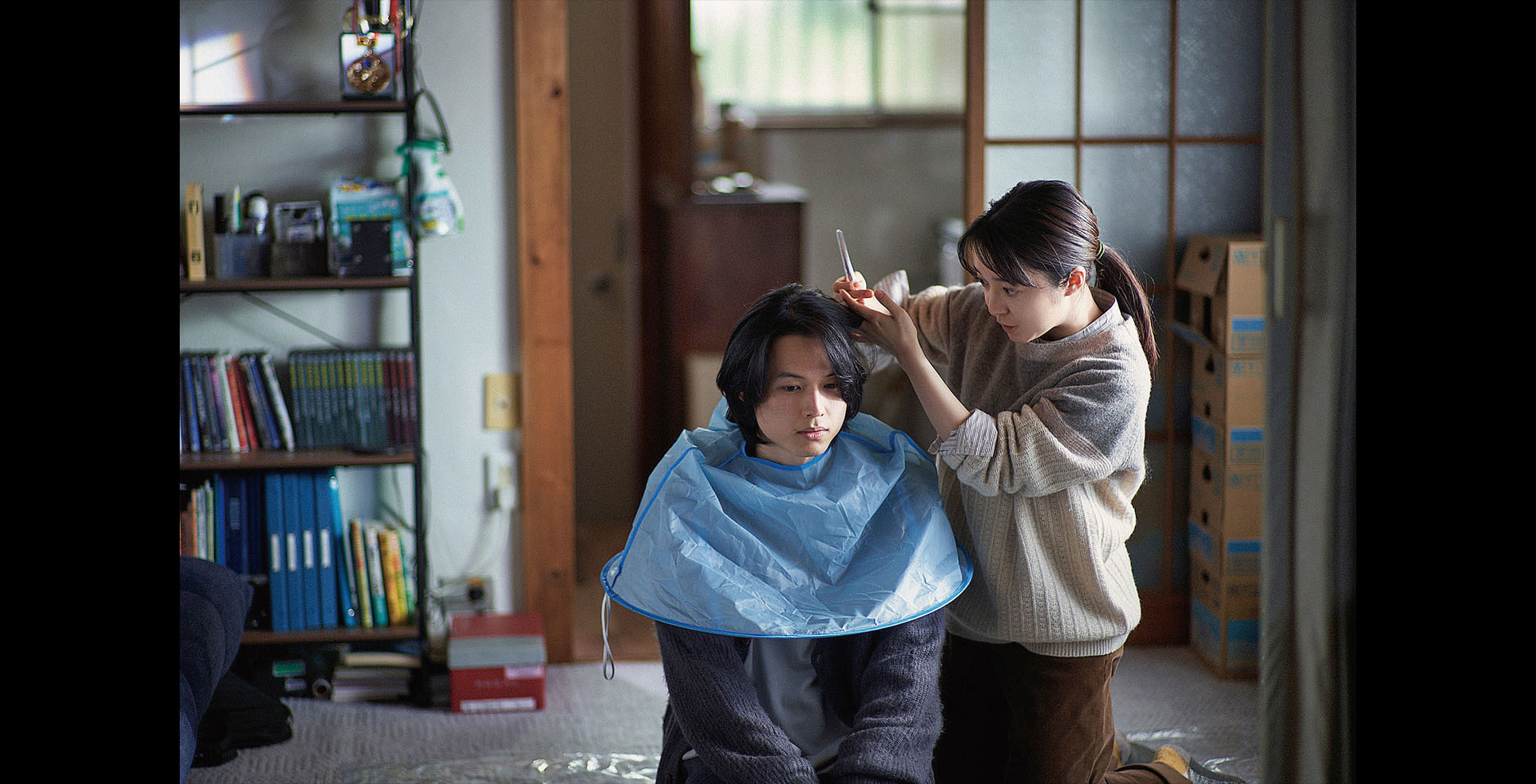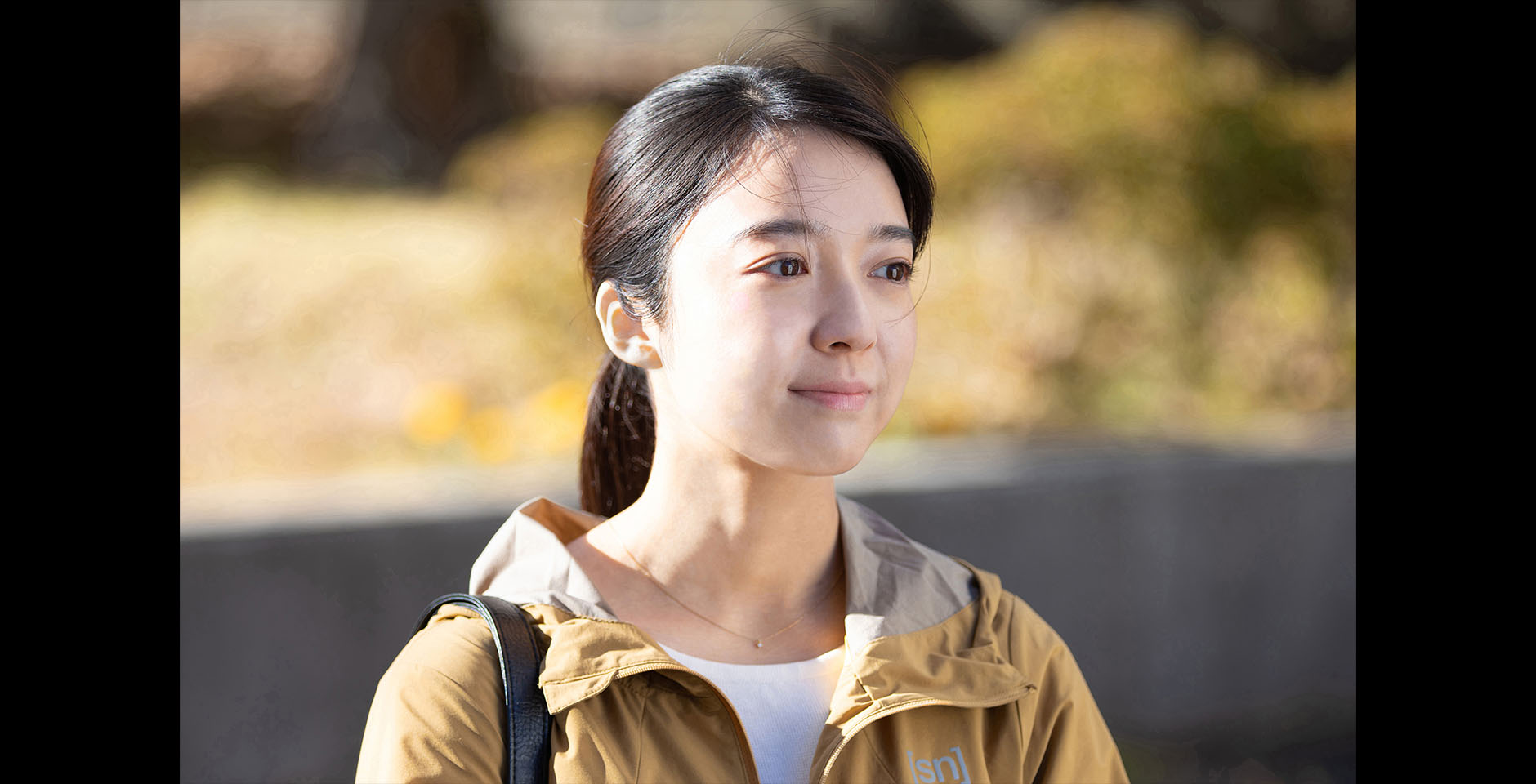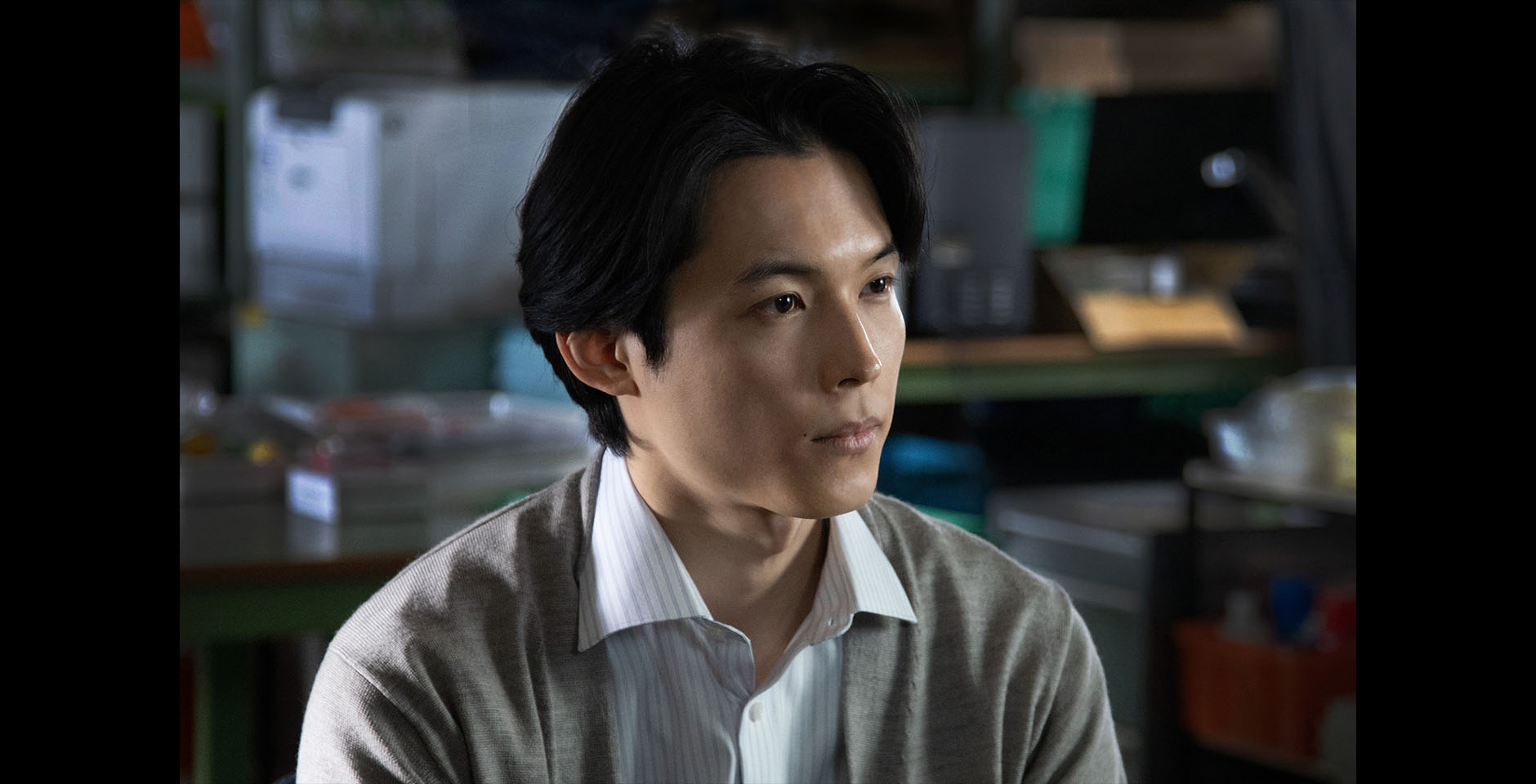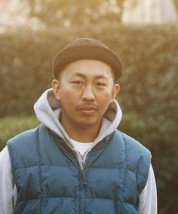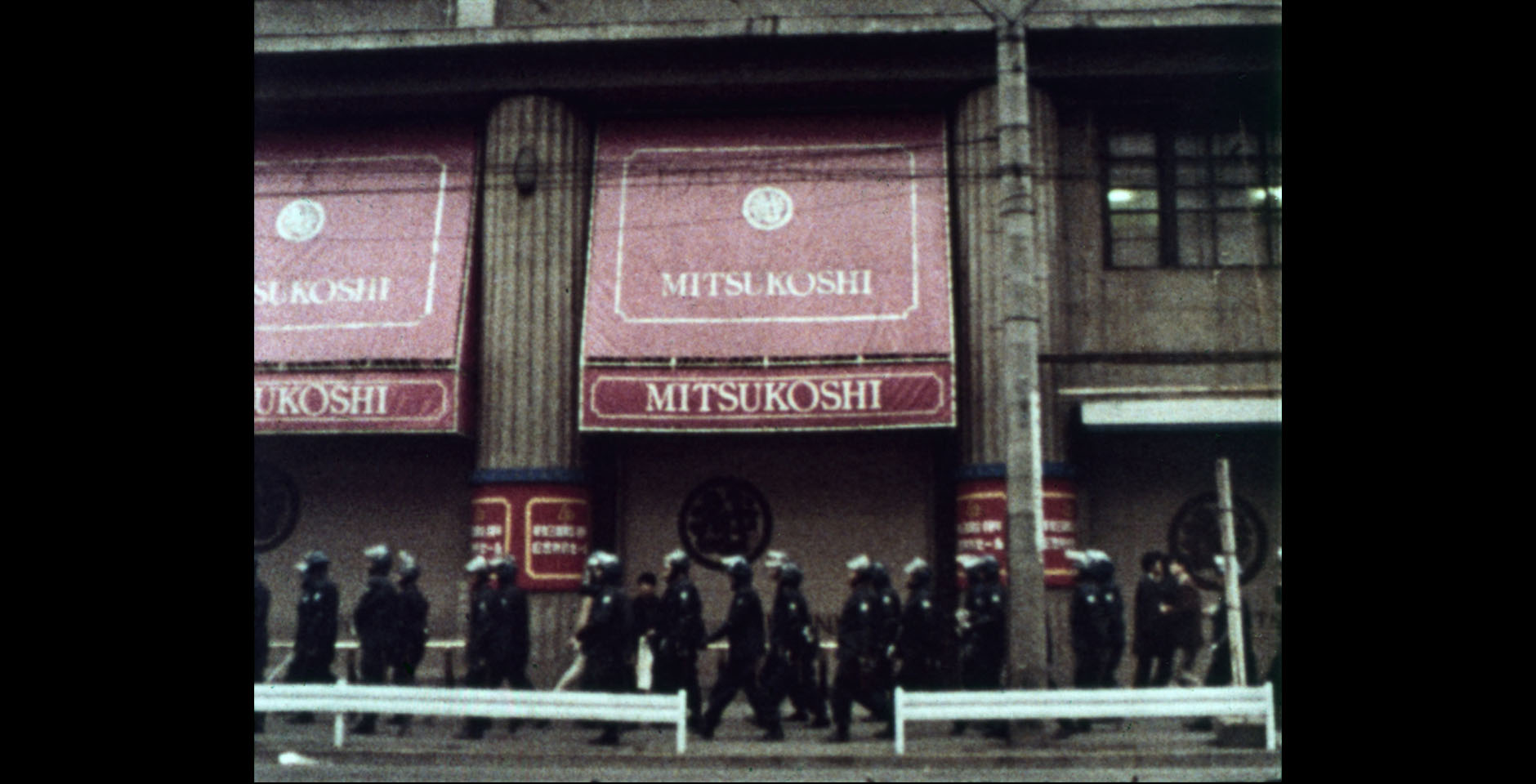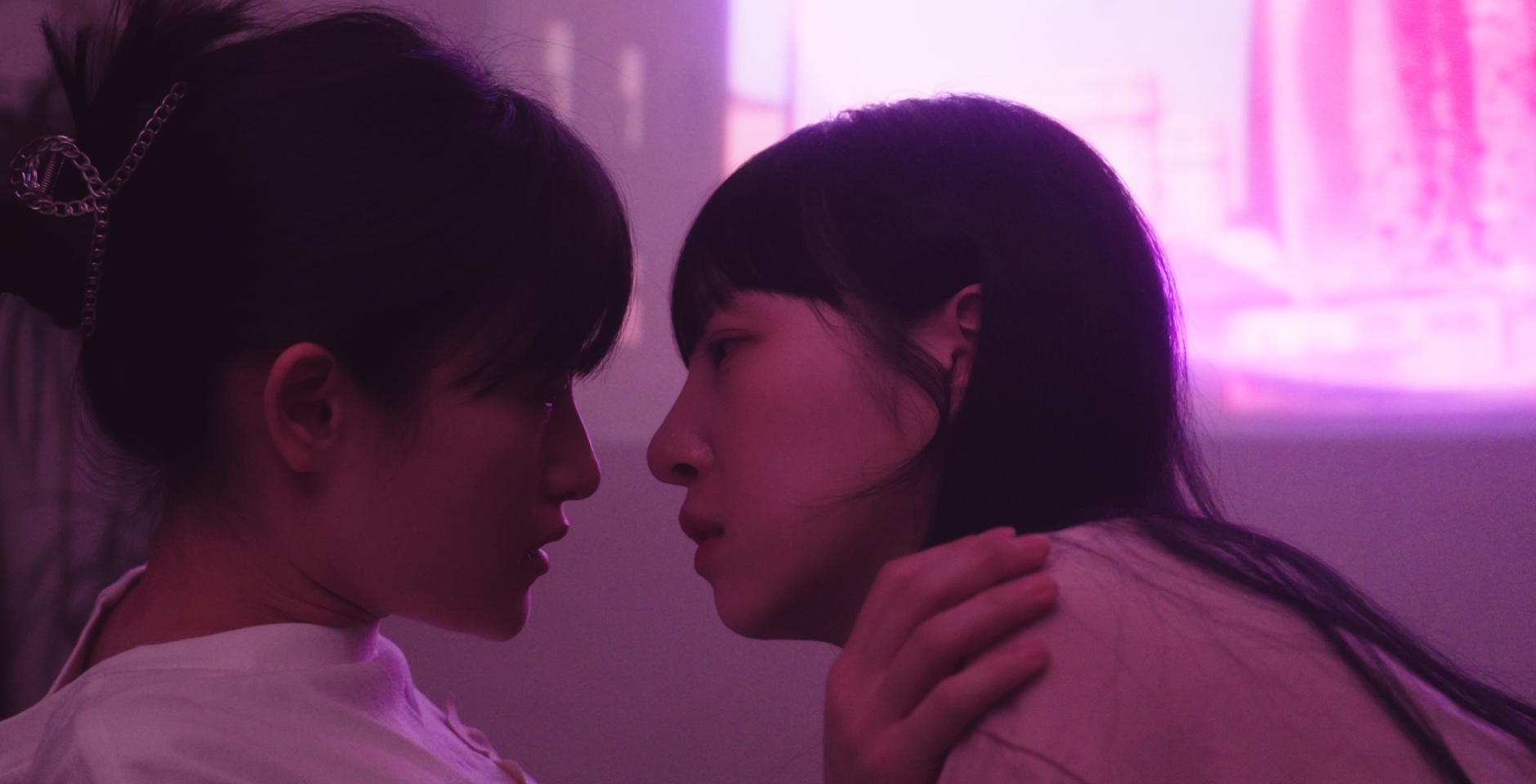Fujisawa battles with irritation every month due to premenstrual syndrome (PMS). One day, a minor action by her colleague, Yamazoe, ignites her anger. But Yamazoe has his own battle to fight--panic disorder. This unexpected encounter sparks a special bond between the two of them.
All the Long Nights is a new film by Japanese director MIYAKE Sho, a highly regarded director in the international film scene. Based on the same-titled novel by Seo Maiko, the film focuses on the friendship and solidarity between Fujisawa and Yamazoe, both facing challenges with PMS and panic disorder. While it also meticulously portrays the lives of those around them in the office, Kurita Science.
The film shares many scenes reminiscent of the director’s previous work, Small, Slow but Steady (2022). There are no villains in the film, and the repetitive spaces of everyday life are given new meanings each time. The film also shows how characters realize that the passage of time gradually seeps into their lives. In addition, it features clear signature elements of director MIYAKE Sho, such as the use of a 16mm film, which gives a greater sense of analogue aesthetic. Each of the sounds of everyday life has special voices, and the flow of light in every scene is depicted with such detailed sensitivity.
In a general view, the film has a relatively small universe covering a short period of time but the beauty of a MIYAKE Sho film is that it never feels too trivial. The film’s universe seems to expand as the second half of the film’s narrative flows into a story about the whole universe. The beautiful night landscape shots that are often shown as inserts throughout the film look like manifestations of the colorful universe. The following story that was told by Fujisawa as a commentary at the Kurita Science’s planetarium is the core theme of the film. “Without mornings, countless lives that we have wouldn’t have been born. But without nights, we wouldn’t have realized the world outside of this planet Earth. Thanks to nights, we can imagine the infinite vastness beyond the darkness.” (MOON Seok)












